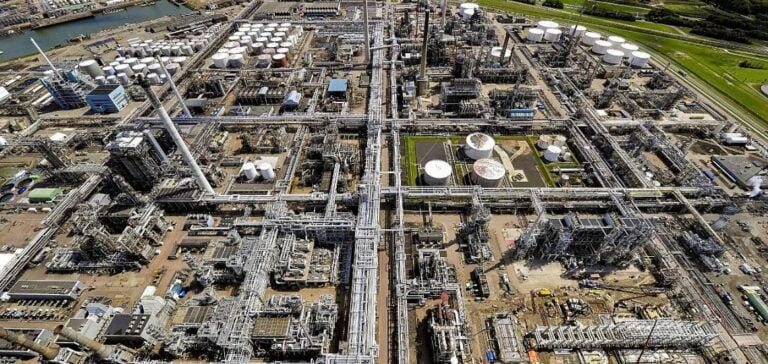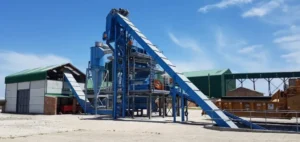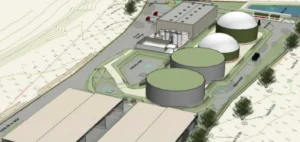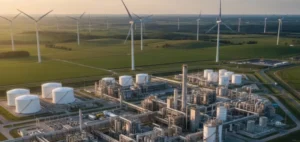Shell Nederland Raffinaderij B.V., a subsidiary of Shell plc, has announced the temporary suspension of construction work on its biofuels site at Shell Energy and Chemicals Park Rotterdam in the Netherlands. The purpose of this decision is to reassess the project in terms of cost and sequencing, in the light of current market conditions. This interruption will affect the facility’s 820,000 tonnes of annual biofuel production capacity. As a result, the number of contractors on site will be reduced and activities slowed down, enabling better cost management. A site of vital importance for the future of the company and its renewable fuels objectives.
Reassessment and future of the project
According to Huibert Vigeveno, Director of Shell’s Downstream, Renewables and Energy Solutions business, the pause allows the company to determine the most commercial way to pursue the project. Shell remains committed to prudent and measured management of shareholder capital, aiming to deliver more value with less expense.
Impact on the biofuels market
The suspension of construction in Rotterdam comes against a backdrop of fluctuations in the biofuels market. Optimized management of resources and projects is becoming essential for major energy companies to remain competitive. Shell’s ability to adjust its projects in line with market conditions demonstrates an important strategic flexibility. The biofuels market is constantly evolving, influenced by environmental policies, raw material prices and technological innovations. By adapting its projects, Shell is demonstrating its ability to navigate this complex environment while remaining focused on its financial objectives.
Future prospects
The temporary pause in Rotterdam offers Shell an opportunity to reassess its priorities and reinforce the commercial viability of the project. Today’s decisions could significantly influence the future of the biofuels sector in Europe and beyond. By optimizing costs and adjusting project sequencing, Shell aims not only to maintain its competitiveness, but also to promote a more sustainable energy transition. The success of this project could serve as a model for other similar initiatives in the energy sector.






















